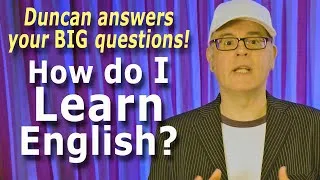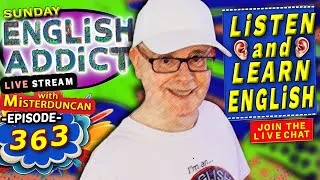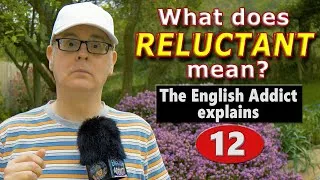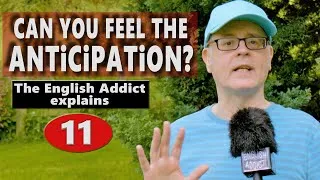Basic English Grammar Course 1 | Present Simple Tense | Learn and Practice
634,258 views ・ 2020-10-31
वीडियो चलाने के लिए कृपया नीचे दिए गए अंग्रेजी उपशीर्षक पर डबल-क्लिक करें।
New videos
Original video on YouTube.com
यह साइट आपको YouTube वीडियो से परिचित कराएगी जो अंग्रेजी सीखने के लिए उपयोगी हैं। आप दुनिया भर के शीर्षस्थ शिक्षकों द्वारा पढ़ाए जाने वाले अंग्रेजी पाठ देखेंगे। वहां से वीडियो चलाने के लिए प्रत्येक वीडियो पृष्ठ पर प्रदर्शित अंग्रेजी उपशीर्षक पर डबल-क्लिक करें। उपशीर्षक वीडियो प्लेबैक के साथ सिंक में स्क्रॉल करते हैं। यदि आपकी कोई टिप्पणी या अनुरोध है, तो कृपया इस संपर्क फ़ॉर्म का उपयोग करके हमसे संपर्क करें।







